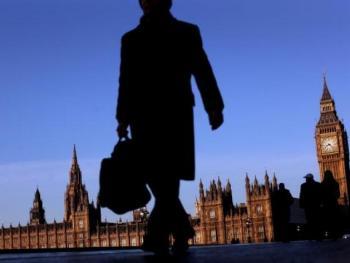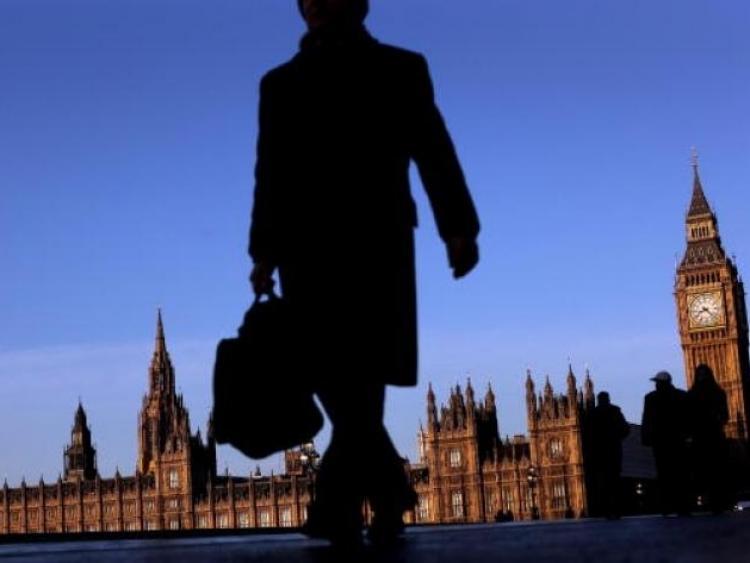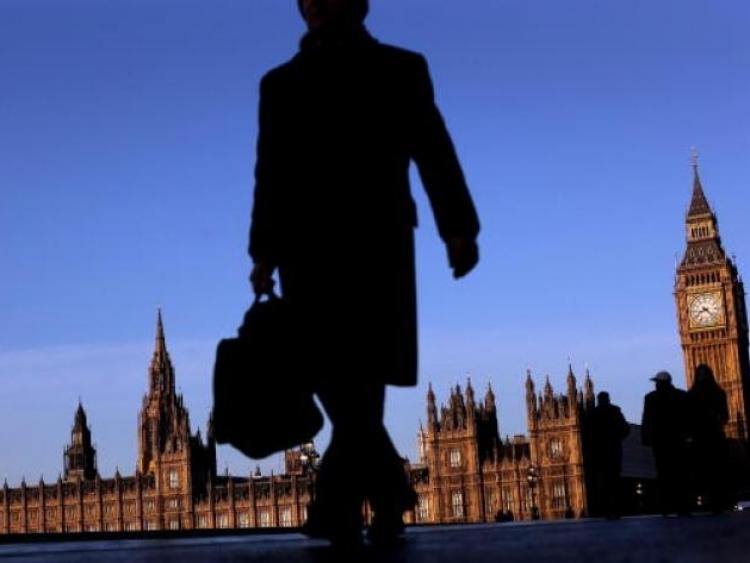Recently published maps showing the racial divide in America’s cities have generated curiosity in the U.K. The scalpel line between white and black along Detroit’s 8 Mile Road (already known to us via the great cultural emissary Eminem) epitomizes the cliché of division that the floodwaters of Katrina swept into the world spotlight.
The last time there was such interest in America’s handling of racial integration was perhaps following July 7, 2005, when 52 people were killed by British-Islamist terrorists in the center of London.
Looking across the pond to the United States, it was hard to understand why a country arguably more racially divided had not spawned homegrown suicide bombers like those who ripped the city apart that day.
After all, America was the focus of more international hatred regarding the war on terror.
Why was the U.K. brewing extremists? What was America getting right that the U.K. wasn’t? The answer it seemed (as all the best movies will confirm) lay in part, in the power of the American Dream.
The British don’t tout their national identity in the same way as Americans, or perhaps even in the same way as many nations. The government buildings here don’t sport the national flag. We don’t have a national day. Our relationship with our national identity is really quite different; implicit, understated, perhaps a little awkward.
Even reading our U.S. Epoch Times articles, the numerous references to American this and that, I used to find irksome and confusing. (“As every American knows.” “Every American has at sometime wondered.”)
Then one day I cracked the code—substitute the word person or good person for American, and it all makes sense. It’s the American dream—a nation built by immigrants on hope and humanity.
It was this unifying force that many analysts and commentators said transcended the racial and cultural divides in America and protected against the threat of homegrown suicide bombers.
So the politicians tried to strengthen the British sense of identity, to explore the supposedly lost sense of “Britishness,” to unify the nation. To create, if you will, the British Dream. The idea gained little traction—it’s just not British. Apart from anything else, Brits seldom go for anything organized by an authority figure—there is a tart dash of disdain for authority that flavors the British character. A celebration of Britishness organized and promoted by the government is like the school geek throwing a party. No one cool will come.
Five years on, and those pseudo debates have faded quietly into the background. But at the time, you might have thought Britain was facing a great identity crisis.
Ask teenagers who they are and what they are about, and you might get a long answer, charting the latest fashions, music, sports, friends, and haunts that define their existence.
Ask an old man the same and you might illicit merely the raising of a quizzical eyebrow.
Britain is that old man: an old nation, an island protected from cultural creep by the English Channel, which has gone nearly a millennium without being invaded. The national identity has been weathered and worn into shape over centuries.
The joke goes that Brits in restaurants never complain about the food. We don’t like to make a fuss.
As the politicians and media threw around concerns of national identity, Britain just seemed to be watching quietly, trusting to time-honored patience and reservation.
Excuse me, what about this suicide-bomber in my town? Don’t worry. It’ll go in the end. Don’t make a fuss.
The last time there was such interest in America’s handling of racial integration was perhaps following July 7, 2005, when 52 people were killed by British-Islamist terrorists in the center of London.
Looking across the pond to the United States, it was hard to understand why a country arguably more racially divided had not spawned homegrown suicide bombers like those who ripped the city apart that day.
After all, America was the focus of more international hatred regarding the war on terror.
Why was the U.K. brewing extremists? What was America getting right that the U.K. wasn’t? The answer it seemed (as all the best movies will confirm) lay in part, in the power of the American Dream.
The British don’t tout their national identity in the same way as Americans, or perhaps even in the same way as many nations. The government buildings here don’t sport the national flag. We don’t have a national day. Our relationship with our national identity is really quite different; implicit, understated, perhaps a little awkward.
Even reading our U.S. Epoch Times articles, the numerous references to American this and that, I used to find irksome and confusing. (“As every American knows.” “Every American has at sometime wondered.”)
Then one day I cracked the code—substitute the word person or good person for American, and it all makes sense. It’s the American dream—a nation built by immigrants on hope and humanity.
It was this unifying force that many analysts and commentators said transcended the racial and cultural divides in America and protected against the threat of homegrown suicide bombers.
So the politicians tried to strengthen the British sense of identity, to explore the supposedly lost sense of “Britishness,” to unify the nation. To create, if you will, the British Dream. The idea gained little traction—it’s just not British. Apart from anything else, Brits seldom go for anything organized by an authority figure—there is a tart dash of disdain for authority that flavors the British character. A celebration of Britishness organized and promoted by the government is like the school geek throwing a party. No one cool will come.
Five years on, and those pseudo debates have faded quietly into the background. But at the time, you might have thought Britain was facing a great identity crisis.
Ask teenagers who they are and what they are about, and you might get a long answer, charting the latest fashions, music, sports, friends, and haunts that define their existence.
Ask an old man the same and you might illicit merely the raising of a quizzical eyebrow.
Britain is that old man: an old nation, an island protected from cultural creep by the English Channel, which has gone nearly a millennium without being invaded. The national identity has been weathered and worn into shape over centuries.
The joke goes that Brits in restaurants never complain about the food. We don’t like to make a fuss.
As the politicians and media threw around concerns of national identity, Britain just seemed to be watching quietly, trusting to time-honored patience and reservation.
Excuse me, what about this suicide-bomber in my town? Don’t worry. It’ll go in the end. Don’t make a fuss.







